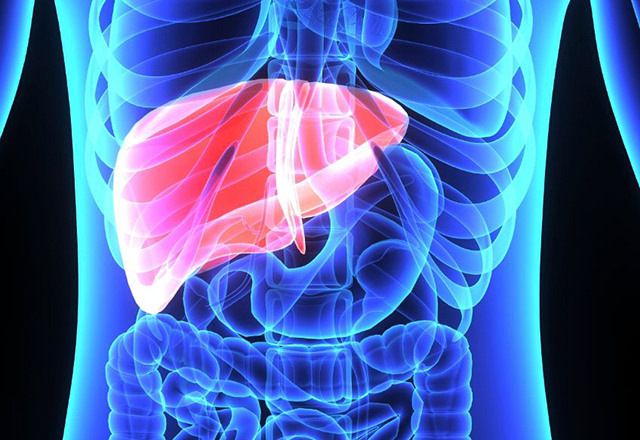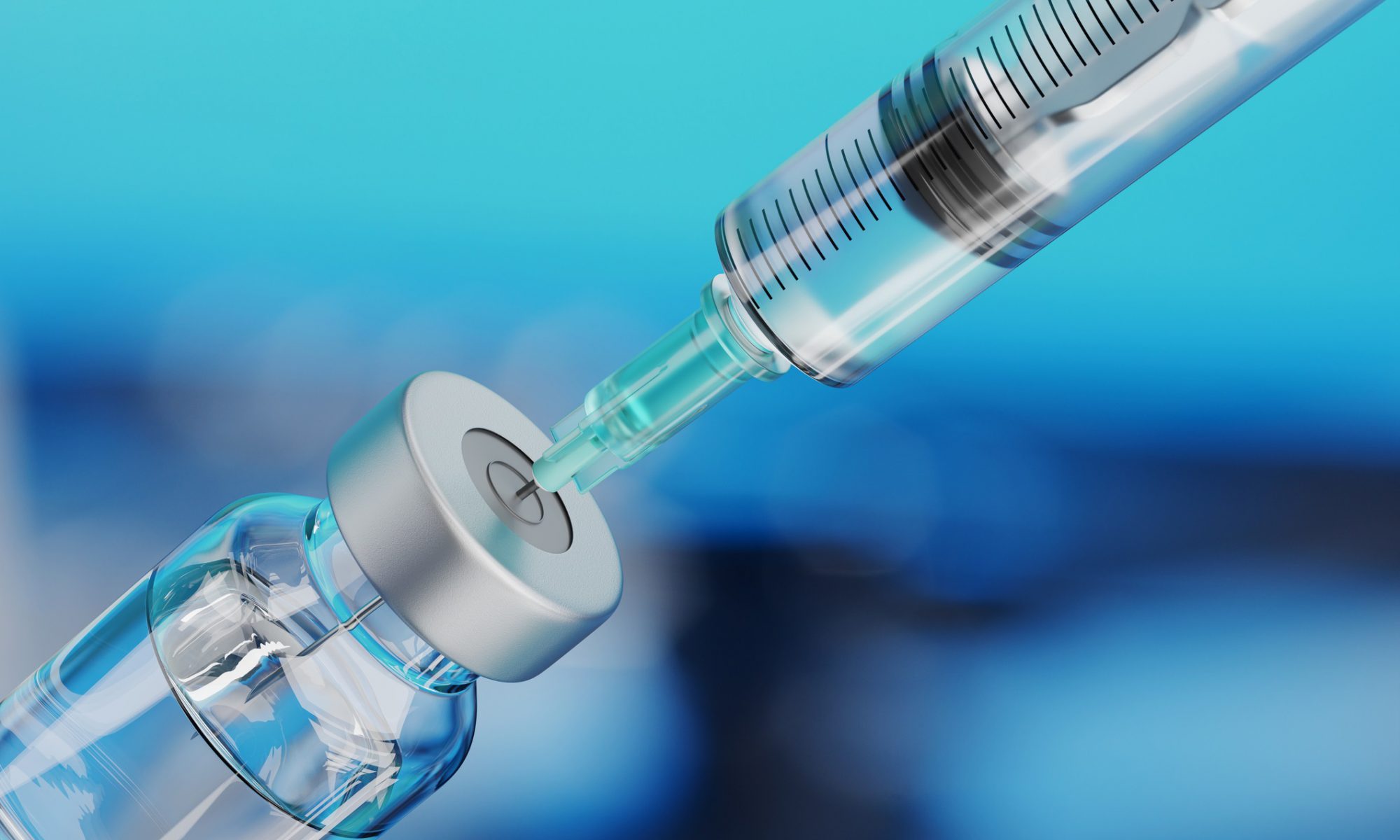By Michael Monostra
The total annual cost of caring for Americans with diabetes in 2022 was an estimated $412.9 billion, and one in four total health care dollars in the U.S. went toward diabetes care, according to a report.
The American Diabetes Association published its Economic Costs of Diabetes in the U.S. in 2022 report in Diabetes Care to assess the financial burden for people living with diabetes.
Read the full article in Healio.








